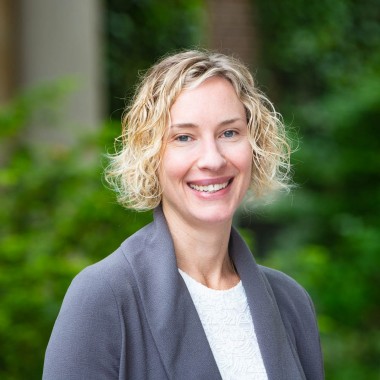Envisioning Island Futures: Blue Economies After Disaster

About the Project
Hurricane Maria in Puerto Rico and the Wakashio oil spill in Mauritius are two powerful examples of socioecological disasters, which are increasingly impacting islands and coastal communities around the world. While the environmental and humanitarian crises associated with these disasters are clear, the disasters also present challenges for visions of the future premised on a ‘blue economy.’ The blue economy is an increasingly popular discourse and accompanying set of policies. International organizations, governments around the world, and a variety of nongovernmental organizations promote the blue economy as a ‘win-win’ – a way to support both economic growth and environmental protection through the sustainable use of ocean and coastal resources, especially in small islands. However, there are at least two concerns related to the implementation of the blue economy. First, most blue economy policies fail to address longstanding social justice concerns and inequities in coastal communities, where blue economy activities such as tourism and fishing take place. Second, blue economy policies assume a stable marine environment on which economic activity can be built. This ignores the impacts of increasingly frequent coastal disasters, such as hurricanes and oil spills.
The aim of this research is to explore how blue economy discourses and policies, and community perspectives of these, are shifting in response to disasters. How are residents of coastal communities working to envision and create more sustainable and socially just futures moving forward? How do these visions intersect with blue economy policies and how have they been informed by experiences with disasters? In order to understand how disasters impact the unfolding of blue economy policies, this research will:
1. Compare local experiences with emerging blue economy policies and plans in Puerto Rico and Mauritius, particularly regarding equity;
2. Compare local understandings of vulnerability and resilience in these two sites, including how they have been affected by disasters and how they will be affected by blue economy policies moving forward;
3. Analyze roles for government, nonstate actors, community-based organizations, and citizens in responding to disaster and implementing blue economy plans, including any new opportunities for marginalized community members following disasters; and
4. Explore the visions of traditionally marginalized groups of coastal residents for a socially-just and resilient future for their islands.
To fulfil these objectives, the research will explore experiences with and visions for blue economy policies in coastal communities in two ‘post-disaster’ islands: Mauritius, an independent state, and Puerto Rico, a territory of the US. In southeastern Mauritius, several communities are coping with the impacts of the devastating oil spill resulting from the grounding of the MV Wakashio in July 2020, while the government continues to implement its vision for an ‘ocean economy’. In Puerto Rico, coastal communities are still recovering from their experiences with Hurricane Maria in 2017, while blue economy projects are beginning to emerge.
In order to foreground the experiences and perspectives of marginalized community members, and to support their development and sharing of a vision for a more socially-just future, the research team will conduct interviews with community members and work with them to co-produce participatory video films.
Results will be shared within and beyond these communities in order to support a shift away from ‘blue economies’ and towards ‘blue communities.’ Personal information will be stored in the Personal Information Bank for the appropriate program. This research responds to two of SSHRC’s future challenge areas: ‘Envisioning Governance Systems that Work’ and ‘Living Within Earth’s Carrying Capacity.’